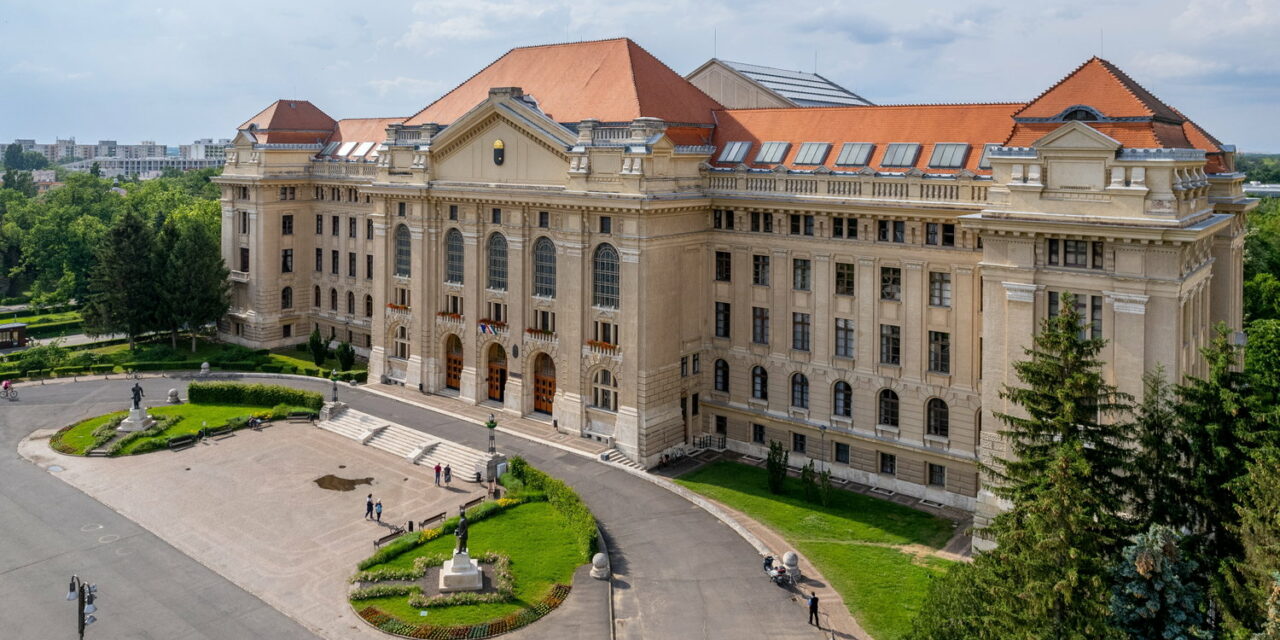15 Hungarian institutions have been added to the European list of the Quacquarelli Symonds (QS) international ranking of higher education institutions, said the Secretary of State responsible for innovation and higher education of the Ministry of Culture and Innovation in a video uploaded to his Facebook page.
According to Balázs Hankó, the regional European list examined the universities of 46 countries and 15 Hungarian universities were included among the best 690 institutions: in the first 300, the Eötvös Loránd University of Science (ELTE) is the 208th, the Budapest University of Technology (BME) is the 238th. , the University of Szeged is in 242nd place, while the University of Debrecen is in 258th place.
The University of Pécs, Széchenyi István University in Győr and Corvinus University in Budapest also made it into the top 400.
Among the 15 ranked Hungarian universities, there are also three church-run institutions - Pázmány Péter Catholic University, Károly Eszterházy Catholic University and Károli Gáspár Református University - and the Hungarian University of Agricultural and Life Sciences, the University of Miskolc, the Pannon University, the University of Óbuda and the University of Sopron as well - listed the state secretary.
Balázs Hankó spoke about the fact that the two best-known higher education rankings worldwide and the ones most closely watched by university students are QS and Times Higher Education, which deserve significant attention from the point of view of Hungarian universities, since, in addition to the size of the university, they are also outstanding in terms of the economic environment important factors such as education, research and internationalization are taken into account.
These two rankings evaluate Hungarian higher education institutions based on different criteria, but practically cover the entire range of Hungarian higher education, he added.
The Secretary of State emphasized that the strengthening of the international competitiveness of Hungarian universities is also the key to Hungary's future potential, and the change of model promoted the universities' international recognition, thereby contributing to the country's long-term development.
"The new maintenance model not only strengthens university autonomy, but also ensures doubled quality performance incentive funding, which increases financial predictability and the flexibility so important for competitiveness"
- said Balázs Hankó.
The State Secretary stated that Hungarian universities are increasingly successful in the international competition, since four years ago 7, two years ago 9, and last year 11 Hungarian institutions were in the top five percent of the world's universities.
However, the universities have to cope in an international environment in which "the European Commission's decisions regarding Hungarian research and internationalization deliberately cause a competitive disadvantage for the country," the state secretary noted. At the same time, he emphasized that despite everything, the government is committed to supporting Hungarian universities, researchers and students.
MTI
Cover photo: The main building of the University of Debrecen on June 8, 2023, in the photo taken with a drone. MTI/Zsolt Czeglédi













